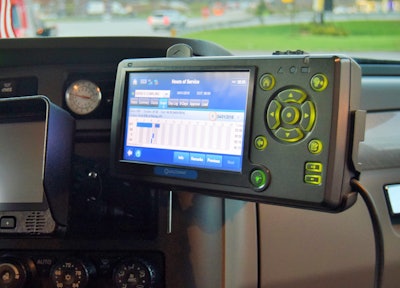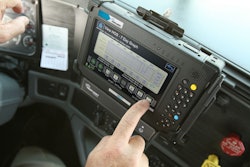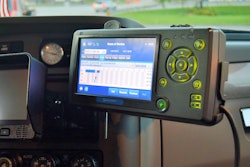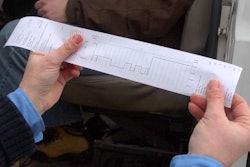
“If I had to guess, my inclination would be that the effective day of Dec. 18, 2017, will probably stand,” said attorney Brandon Wiseman during a webinar held Thursday by Overdrive sister site CCJ. Wiseman, an attorney with Scopelitis, Garvin, Light, Hanson & Feary, P.C., said he believes that the Seventh Circuit appeals court will not issue a ruling on the OOIDA lawsuit until next year. OOIDA earlier this year said it expects a court decision during the 2016 calendar year.
The December 2017 deadline applies to all commercial drivers that keep a record of duty status, with a few exceptions. By this date, drivers will be required to use a compliant ELD. The Federal Motor Carrier Safety Administration published the final ELD rule in December 2015, and OOIDA quickly followed with a suit filed with the Seventh Circuit Court of Appeals. The same court in 2011 ruled in favor of an OOIDA lawsuit to block a rule that would have mandated the use of electronic onboard recorders.
Wiseman said during the webinar that much of the new ELD rule specifically addresses driver privacy and harassment. The rule defines harassment as any action by the motor carrier towards a driver, employee or independent contractor that results in a driver violating the hours-of-service rules, based on information the carrier knew, or should have known, by using an ELD.

The new rule “sets up a process for drivers to report harassment to the FMCSA, and then take enforcement actions based on allegations and substantiation,” he said. It also has specific technical requirements for ELDs to prevent harassment, such as muting devices when drivers are in sleeper berth and requiring that drivers certify any edits made to their logbooks by management, among other items.
FMCSA earlier this week filed its official response to OOIDA’s legal challenge, defending the rule against the challenges to its constitutionality and saying it stands up to a cost-benefit analysis. The agency argues in its response that truckers should have a lower expectation of privacy while on the job because of how highly regulated the industry is.
Click here to watch an archived version of CCJ‘s full “Preparing for the ELD mandate” webinar.








